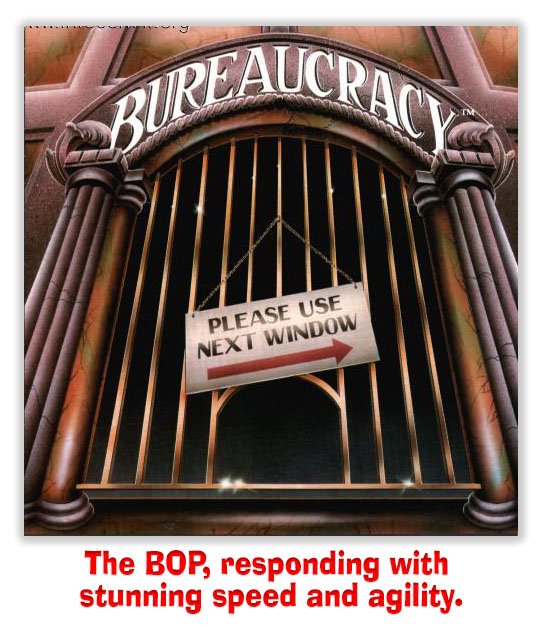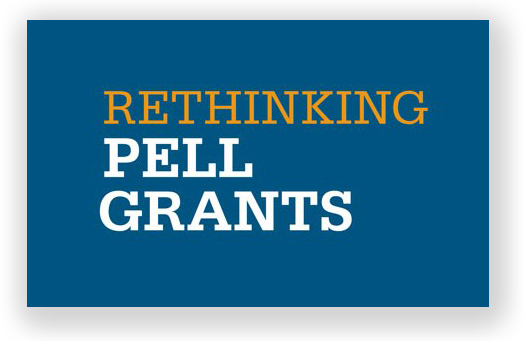We post news and comment on federal criminal justice issues, focused primarily on trial and post-conviction matters, legislative initiatives, and sentencing issues.

HEADED PELL MELL FOR A COLLEGE DEGREE
There is no truer lesson in the criminal justice milieu than this: education is the enemy of recidivism.
A BOP release last week trumpeted that “as of July 1, 2023, all provisions of the FAFSA Simplification Act related to incarcerated students are active… Pell Grant[s are] now available to all qualified incarcerated people to further pursue post-secondary education…. While this process must be initiated and managed by the individual postsecondary school, the BOP eagerly awaits the increase in partnership opportunities.”
 There was a time when the BOP and colleges partnered all over the country for in-prison programs. And it worked. Inmates participating in secondary education programs behaved better and custodial officials viewed them as “easier to manage.” Programs throughout the United States also reported decreases in recidivism for inmate-students by as much as 57%. One program that once had reported 80% recidivism saw numbers drop to 10% in the early 1980s. Three out of four inmates who received some type of higher education were able to find sustainable employment within the critical first three years after release.
There was a time when the BOP and colleges partnered all over the country for in-prison programs. And it worked. Inmates participating in secondary education programs behaved better and custodial officials viewed them as “easier to manage.” Programs throughout the United States also reported decreases in recidivism for inmate-students by as much as 57%. One program that once had reported 80% recidivism saw numbers drop to 10% in the early 1980s. Three out of four inmates who received some type of higher education were able to find sustainable employment within the critical first three years after release.
Yet despite decades of effectiveness, prisoner access to Pell Grant aid was revoked in the Violent Crime Control and Law Enforcement Act of 1994. At that time, politicians in both major parties portrayed the aid as a handout to the “undeserving.” The 1994 law reflected public discontent with Pell Grant eligibility for inmates by blocking inmates from receiving higher education financial assistance.
In the final year of Pell Grant eligibility in prisons, inmates accounted for $56 million in funding out of $9.3 billion – six-tenths of one percent – allocated for federal higher education aid. But within Within three years of the passing of the Crime Bill, only eight prison higher education programs were left standing.
It only took three decades, but Pells are back. The Dept of Education estimates that reauthorization could allow about 760,000 additional people to become eligible for Pells through prison education programs when fully implemented.
Colleges are willing partners because the Pell Grants are a fount of money. But inmates will benefit from the education and FSA credits. It should be a win-win.
BOP, Pell Grants Restores Possibilities for Incarcerated People (July 12, 2023)
The Marshall Project, Students Behind Bars Regain Access to College Financial Aid (July 8, 2023)
Washington Post, Educational aid for prisoners works. Yet it’s politically precarious (August 22, 2022)
– Thomas L. Root






